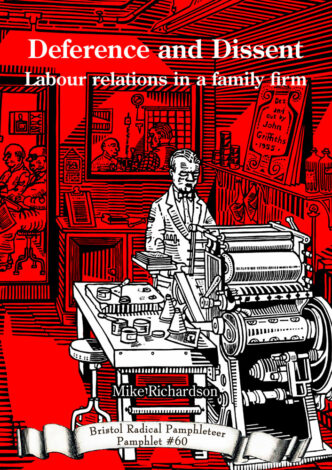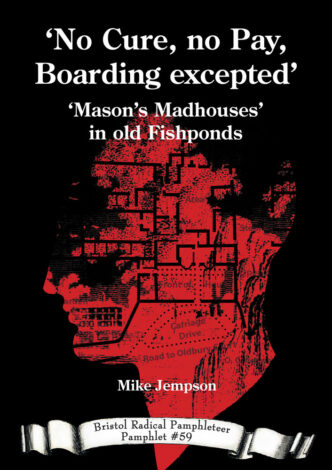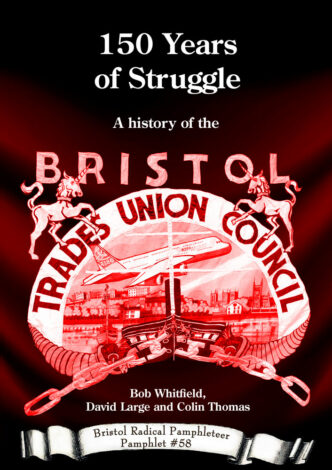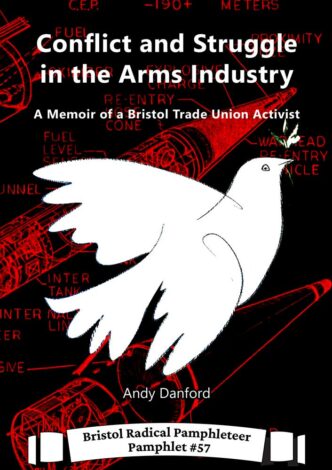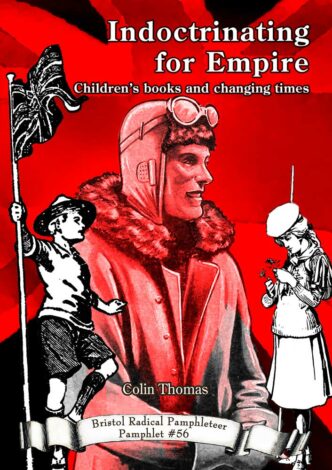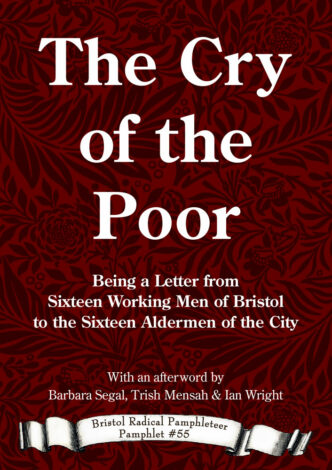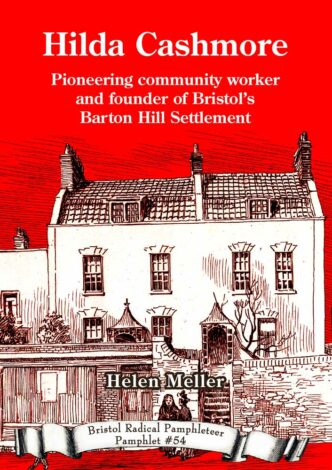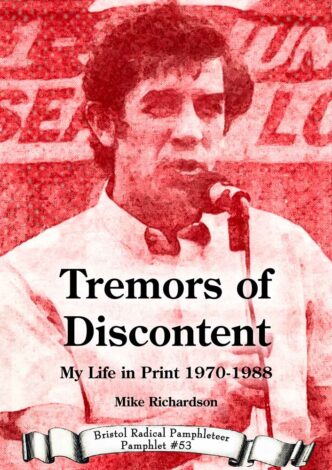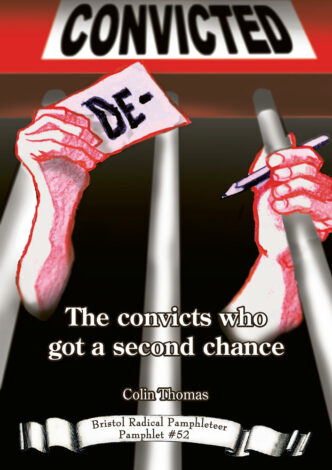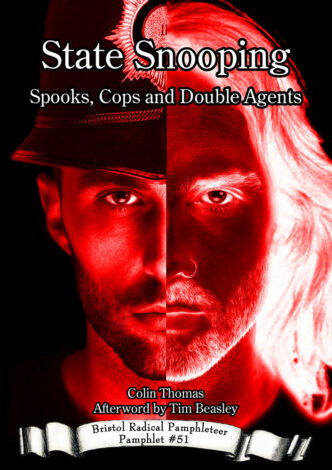Deference and Dissent
Labour relations in a family firm
J. W. Arrowsmith Ltd, 1855–1927 Deference and Dissent provides a window into the working lives of compositors, letterpress machinists, and bookbinders and their relationships with their employer. It looks at their collective voice, disputes, strikes, workplace culture, mechanisation of typesetting, as well as the impact of other significant factors such as the First World War and the economic slump in the early 1920s. Mike Richardson’s work contributes to understanding the complexity of the […]


